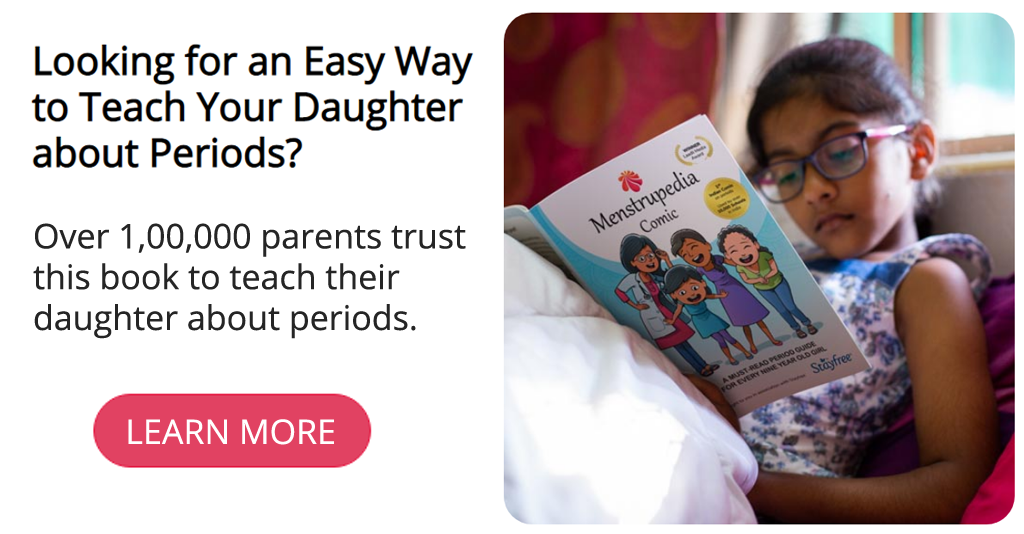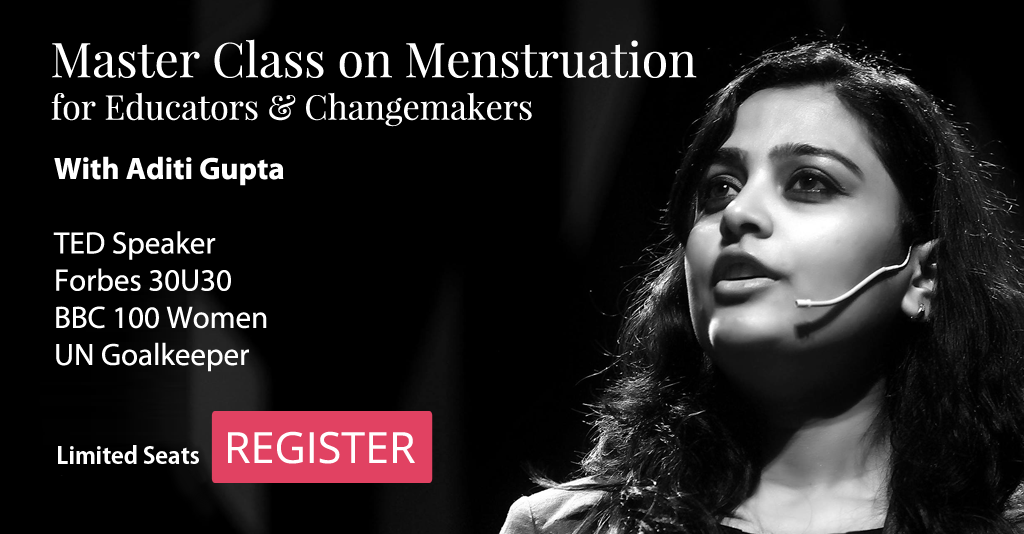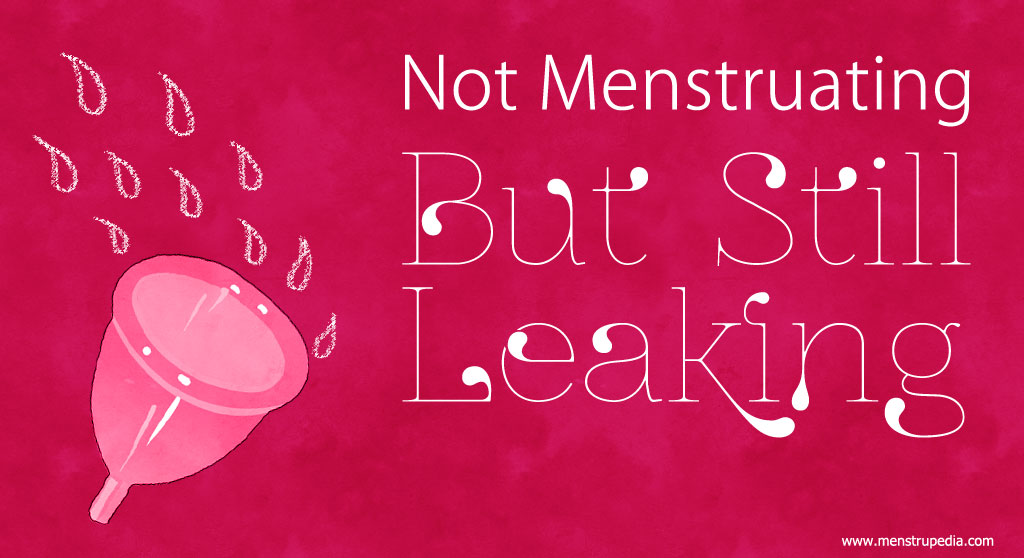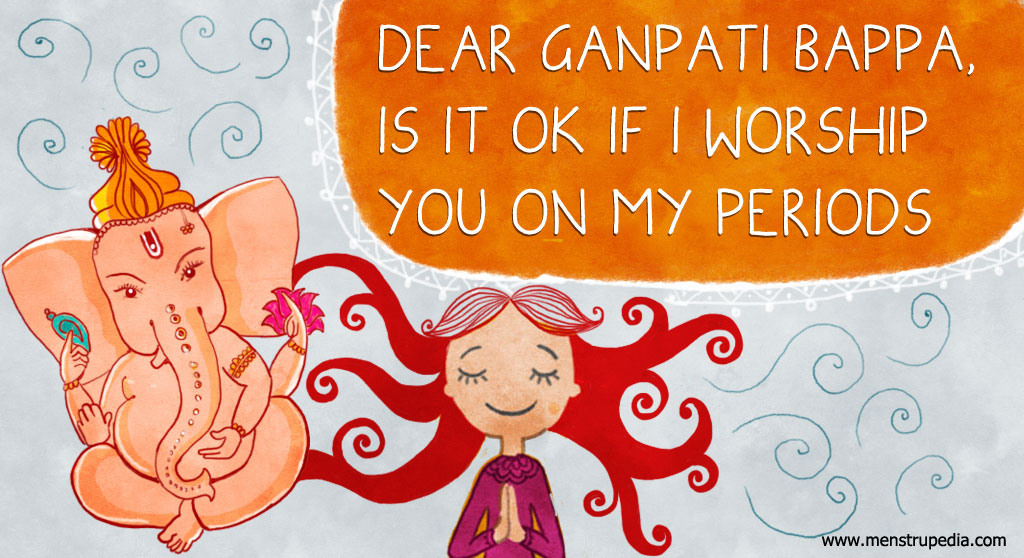The former host of the Great British Bake-off, writer Sandi Toksvig once spoke about an anthropology class she took at college that stuck with her. Her professor showed the class a picture of a bone with 28 markings on it – the first known calendar crafted by man. Or was it? To which man would it occur, to mark time in cycles of 28 days? Which man would need to?
In 1937, an American actress, Leona Chalmers, invented and patented a device that would allow women, a growing part of the workforce, to experience minimal discomfort during their period. After a turbulent marketing history, the device is used to this day, and the menstrual cup continues to make periods more convenient for people all over the world.
Despite written human history being largely penned from the male perspective, if one looks closely, it is filled with quiet, but impactful female influence. Like the surgeon who invented rubber gloves so his nurse wife’s hands wouldn’t have to bleed from a day of hard work, maternal and sororal compassion has enabled and enriched the present. Our current existence is a product of the solidarity felt by creative, intelligent women, committed to making the lives of their fellows better. We have all, as Sarah Ruhl put it, been loved to the point of invention.

These innovations are necessitated in the wake of the aversion society at large feels towards menstruation, and it’s rigidity about bodily rights and autonomy. This aversion, reflected in exorbitant taxation of menstrual hygiene products, the disgust expressed at its very mention, the dismissal of the pain experienced during it, only makes easier the cycle of silence and suffering that rules over so many lives. When the cost of this silence is young people losing out on their education and their place in their own homes and societies, an end has to be in sight.
No matter how many times, or how intensely it is painted out to be dirty, the truth is that menstruation is the conferral of the order of nature onto an individual, of sustenance and longevity, the means by which everything we see and feel, exists. Divinity, spirituality, magic, and miracles aside, this is the closest we get to any of those things. Pain is the cost at which it comes, and it is paid, more dearly by some than others. Far from invalidating this pain, we owe our lives to it.
The pain bears on it the mark of growth. Unfortunately that pain is used both to belittle the people who feel it, as well as to snatch away the autonomy they have over their own bodies. There are people who are quick to revere reproductive ability, while expertly separating it from the people who bear them, and use it as a righteous reason to deprive them of rights that are essential to their quality of life, and position in society. Scotland recently became the first country to make menstrual products free of cost, and it was celebrated as a step in the right direction, as it certainly is. But the fact that others are slow to follow Scotland’s example is as frustrating as it is disheartening, especially when one considers the number of people who face dire hygienic conditions because their governments won’t take the same first step.
Nevertheless, the fact that the step has been taken by the few, stands for something. It says that the people who are no longer inhibited from talking about their own bodies, in order to create a healthier socio-cultural atmosphere, are getting to where they want to be. The blood we bleed is being recognized as the covenant it has always been, only louder. Women born in bodies that don’t have periods are making artificial blood because they recognize it as an experience to cherish. People who don’t bleed as regularly as others breathe a sigh of relief when they do, because their bodies are in tune with the moon again.
The reclaiming of the narrative of our bodies is underway, on behalf of every paranoid thought, and whisper, and for all those who pioneered and innovated for this reality. Why be silent about something so loud as red?
Culture is as man-made as anything made of concrete. However, unlike concrete, it remains fluid. It molds to the heat of our hands, and submits to the force of our wills. We are building a culture where people aren’t made to hide themselves, or exclude themselves from their families because of a bodily function, and acceptance is not a matter of convenience.
“Sky is womb, and she’s the moon,” a lyric by Bon Iver, is a requiem to all that harbors life. How incredible it is that our bodies ebb and flow like tides and waves to the gravity of the moon.
Author: Smriti Haridas
Smriti really like song lyrics, and music in general, the World Wars, Vine, Taylor Swift, dogs, The Office, skincare, and baking. Her Instagram handle is: @little._.stitious
Edited By: Divya Rosaline







